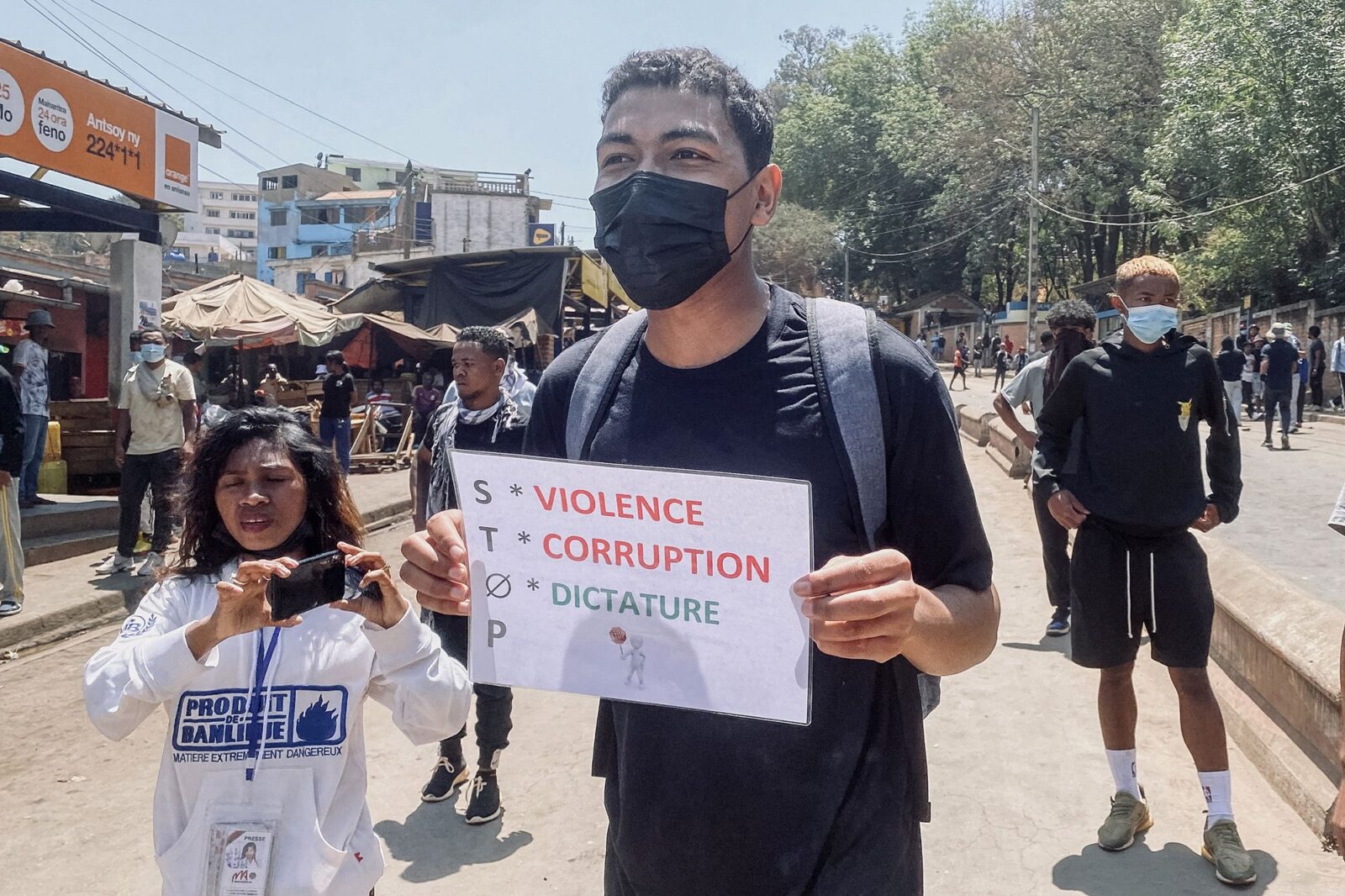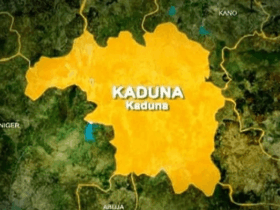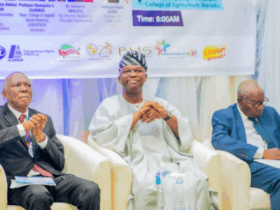Madagascar Erupts: Youth-Led Protests Demand Change as President Pledges Dialogue but Stands Firm

Madagascar’s President Andry Rajoelina has vowed to address the escalating challenges confronting the island nation, pledging to “listen and provide solutions,” yet he stopped short of yielding to protesters’ calls for his resignation.
For nearly fourteen days, widespread demonstrations led predominantly by young people have swept across the country, marking the most significant unrest in recent memory. These protests draw inspiration from youth movements in countries like Kenya and Nepal. Initially sparked by severe water shortages and persistent electricity outages in the capital city, the unrest has evolved into broader demands for transparency and accountability in a nation long plagued by poverty and systemic corruption.
According to United Nations reports, the early phase of the protests resulted in at least 22 fatalities and over 100 injuries, though the government contests these numbers. Security forces have frequently deployed tear gas to break up gatherings, with fresh protests reigniting in Antananarivo after a brief pause.
In a nationally televised Facebook address, President Rajoelina called for calm and restraint.
“No one benefits from the destruction of our country. I am here, ready to listen, to extend support, and most importantly, to find solutions for Madagascar,” he stated.
He also insinuated, without presenting proof, that certain political figures might be exploiting the turmoil, even hinting at coup attempts during his recent trip to New York for the United Nations General Assembly.
Earlier this week, in an attempt to quell the unrest, Rajoelina dissolved his government. However, this gesture has failed to appease protesters who argue that decades of mismanagement have left Madagascar-despite its abundant natural resources-in deep economic distress.
Though endowed with rich mineral deposits, fertile lands, and remarkable biodiversity, Madagascar remains one of the world’s poorest countries. The World Bank highlights that real per capita income has dropped by 45% since independence in 1960, attributing this decline to entrenched elites monopolizing the economy, lack of market competition, and pervasive corruption.
Rajoelina himself has a history of political turbulence. He first assumed power in 2009 after spearheading mass protests that ousted his predecessor, later securing his position through elections. Now, he confronts a new wave of youth-led dissent employing similar tactics.
“Addressing grievances should not be confined to street protests; it must be pursued through constructive dialogue,” the president emphasized.
Yet, with demonstrators demanding his immediate resignation and frustration over long-term decline running deep, Madagascar’s route to resolving this crisis remains unclear.








Leave a Reply